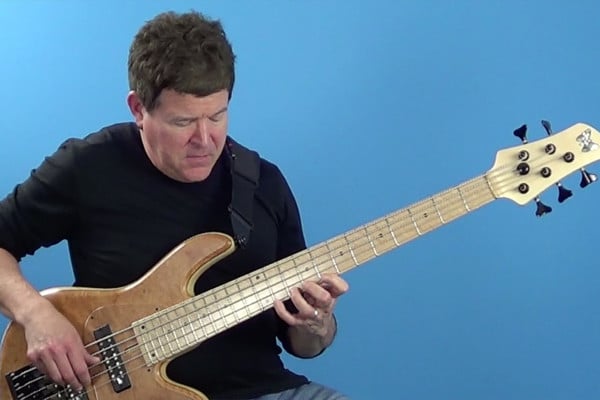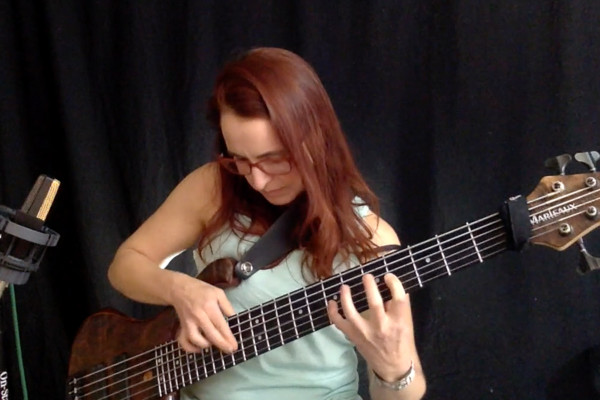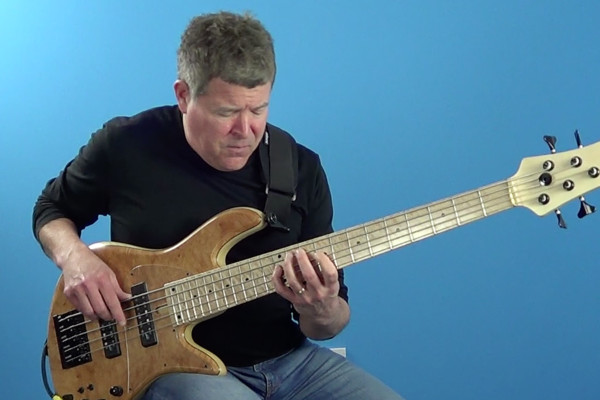How To Copyright Your Music
You work really hard a musician. If you’re at the point of publishing your own original music you need to understand a few things about the music business to protect yourself and your work in the form of copyrights. It is not absolutely necessary to file copyright applications for your work, but there are a lot of advantages to doing it – especially in an era where as musicians we’re more or less required to release our music on the Internet. If your music is going to be used commercially, this is a no-brainer. The main benefit from copyright registration comes in to play when and if someone else steals your work, but is also useful for determining royalties and controlling where your music is used. Having a registered copyright will greatly increase in the strength of your case in an infringement lawsuit – something no one ever wants to go through, but it’s always wise to prepare for the worst.
Fortunately the information you need to get copyright protection of your work is easily accessible from copyright.gov as PDF’s you can fill out, save and then mail in with the associated fees. There is also a totally online filing system. Theoretically you do have copyright protection automatically for created works, but again registering will create a public record of your claim and give you many benefits in an infringement suit. We’ll cover the registration methods and process first and then move on to the advantages. There are three parts to the registration process:
1. A completed application form
2. A nonrefundable filing fee
3. A nonreturnable deposit
You can file online through eCO (the electronic Copyright Office), by filling in and saving a Form-CO, or by obtaining old-school paper materials (a Form-PA and possibly a Form-SR) and doing it all by mail. If you’re making a basic claim, such as a single work, multiple unpublished works, or multiple published works which were first published together at the same time by a single author (e.g. a solo album), then the online eCO is definitely the way to go. You’ll be able to track your application status online, it will be faster, and you’ll have reduced filing fees. This is great because you can use a single application (and therefore only a single instance of the fees) to cover all the songs on an album release or a collection of your own compositions. The details of exactly how to fill out the application with any of the three methods are available in Circular 50 by the Copyright Office. Instructions exclusively for filling out the Form-CO are available here. Remember, the biggest delay in copyrighting is normally due to incorrect information or filing – take your time and do it right the first time!
Let’s say you’re not a solo artist, or the only songwriter for a band, there is another layer to copyrighting to consider. While you can register all your songs at once, you can also copyright them individually. The difference is that this results in a separate registration for each individual work in the catalogs and indexes of the Copyright Office. Having separated registrations can simplify the identification of the work for the licensing, permissions of use, transfers and the distribution of royalties. This is where the business side of the band comes into play. Is the band its own separate legal entity? Does the band own the copyright or do the individuals? If you have multiple “authors” on one album how do you want the royalties and rights for each song to be distributed? These are very serious considerations if your band’s music may be used commercially or is getting a lot of attention on the web. My suggestion is to have a precise documentation detailing the copyright decisions before anyone fills out an application – nothing is worse than a band meltdown over royalty payments. The registration process for individual sound recordings is detailed in Form-CO, and mail it, or get the older forms and do the entire process by mail.
To break all that down, you have two types of copyrightable material: first is the underlying composition (Circular 56), second is the master recording (Circular 50) – these are independent registration processes. You can copyright the composition itself and then separately copyright the recording. In other words, if you’ve written a song on an album you can register the copyright for that song; the band may then copyright the album itself.
There are three major reasons to file copyright applications for your music: Evidence of Validity, Statutory Damages, and finally Filing a Lawsuit.
1. Evidence of Validity – this is very important in establishing your claimed authorship of your compositions. If you were ever involved in an infringement suit, either as the prosecuting party or the defendant, having a copyright provides you with the backing to claim the music as your own. If you file a copyright registration with the U.S. Copyright Office within the first five years of the works publication then the registration is considered evidence that 1) your copyright is valid and 2) all the information in your copyright application is true. I think the implications of the evidence of validity is pretty clear, it’s a piece of critical protection in asserting that you wrote a song at the time you claim and that it was not copied. “Publication” has a specific meaning in copyright law – it refers to the material which is first distributed to the general public in any form. For our concerns it would be the first day a CD is commercially available to the public. Live performances are not a form of publication.
2. Statutory Damages – If you registered your copyright prior to an infringement occurring the court can award you anywhere between $750 to $150,000 in statutory damages for each act of copyright infringement regardless of your ability to prove any actual damages (such as lost income or profits). If you did not file a copyright application with the release of your material your damages will be mostly limited to your actual losses which must be proven (an expensive and difficult task). Moral of the story, register copyrights as soon as possible with the release of material.
3. Lawsuits – You must have a copyright registration before you can start an infringement lawsuit. Even though you’re theoretically covered without the application, it is required before you can initiate a claim for damages from infringement. Obviously there are many benefits to being able to make your claims quickly – such as immediately stopping the infringing party from using your material. There is an expedited copyright application, but the fees are big ($760 per claim plus additional fees) and it is not instantaneous. Again, being prepared makes all the difference in the world to protecting your musical property.
As doom-and-gloom as this may seem, the forms to register copyrights are very easy to complete. The current fees (as of December 6th, 2009) are $35 for eCO, $50 for Form-CO and $65 to do it all by mail. It’s a small price to pay when you consider the advantages of the protection and the possible damages if you’re unlucky enough to end up in an infringement suit. The bottom line – think it over. For any serious artist that has commercially distributed material I would highly recommend copyrighting your work – a single $35 filing fee with eCO can knock out a majority of what you’ve produced. If you’re in a band and are not the only song-writer you may need to do a second round to cover the master recording after a serious discussion about ownership, royalties and rights. Working musicians have to manage every aspect of their career – copyrighting is just another part of that journey.



